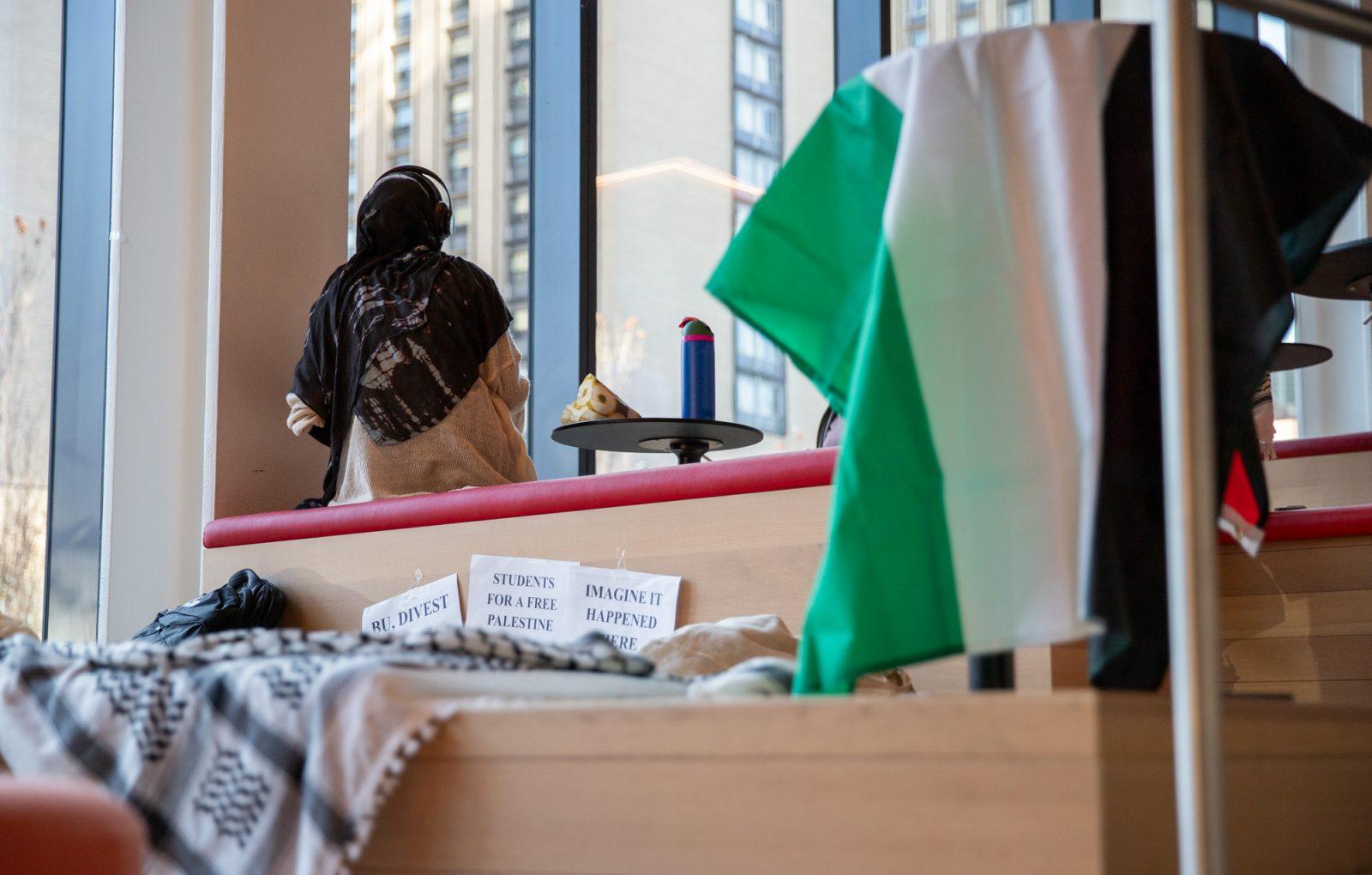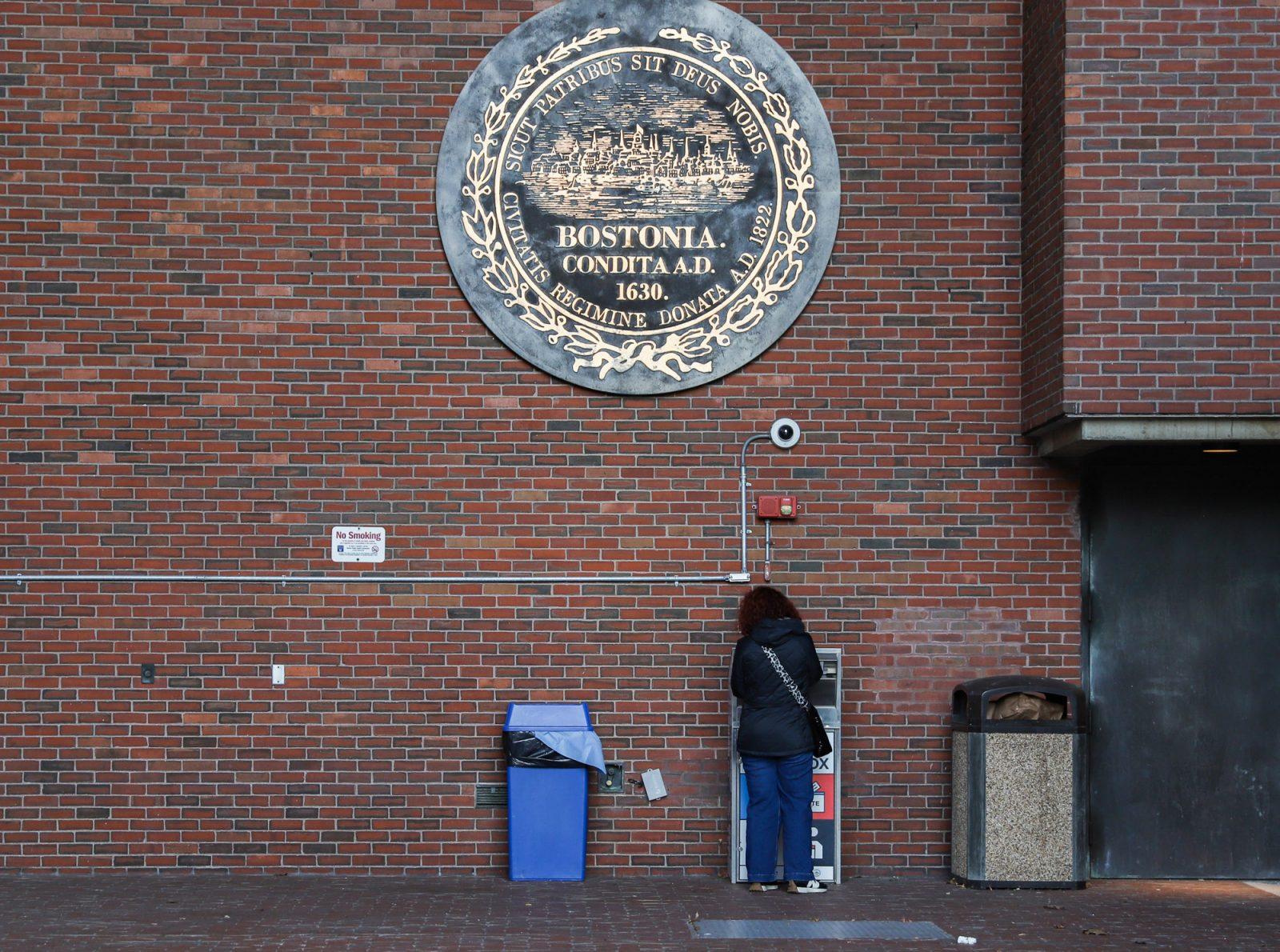
Union representatives of the Service Employees International Union Local 509 have reported that negotiations to reach a new union contract for full-time Boston University faculty have reached a “standstill” with administration.
Maddie Conway, deputy communications director at SEIU Local 509, wrote in an emailed statement that a collective of approximately 255 full-time, non-tenure track faculty members at BU have demanded improved job security, fairer pay, a lighter workload and easier access to technology.
“BU has not offered any solutions to the key issues lecturers have raised about job security, technology, and wages,” she wrote. “Overworked and underpaid lecturers cannot provide the learning environment students deserve.”
BU spokesperson Colin Riley said the University is working to come to a “fair agreement” in contract negotiations.
SEIU Local 509, a part of the larger, fast-growing Service Employees International Union, represents 20,000 service workers and educators in Massachusetts — 900 of which are BU full-time non-tenure track faculty and adjuncts, Conway wrote — with the goal to improve their working conditions across the state.
BU employs 3,946 members of instructional staff, around 62% of which are full-time, non-tenured faculty, according to Fall 2020 data acquired by the Integrated Postsecondary Education Data System.
Marisa Milanese, a master lecturer of the College of Arts and Sciences Writing Program, said for the past few years she has been a union steward and has been at the bargaining table since negotiations began.
She noted that CAS faculty receive new laptops every six to 10 years an example of access to technology issues the union has tried to address to no avail.
“[These demands] are not being well-received,” Milanese said. “We hear a lot from the lead negotiator on the administration side that ‘They hear us,’ but I don’t think they’re really hearing us.”
The University raised $1.85 billion in a seven-year fundraising campaign called Campaign for BU. BU Today reported in a 2019 article that the effort was “launched to support financial aid, faculty and research, and facility improvements.”
“I think it’s pretty self-evident that their goal is to extract as much labor as they can from their teaching faculty,” Milanese said in regards to the standstill.
Michelle Walsh, a full-time lecturer at the School of Social Work, said she has been active in the Local 509 full-time faculty bargaining unit since 2015. She said she views the ongoing negotiations as a “moral struggle for equity, inclusion and basic respect.”
“We teach twice the number of classes for half the pay, tenured and non-tenured track,” she noted. “We’ve been on the frontlines of helping students make it through in these past two years when everything was so rough.”
Along with the full-time, non-tenured lecturers bargaining unit, there is a second unit dedicated to part-time faculty or adjuncts, consisting of approximately 645 BU members, Conway wrote.
She noted they successfully ratified a four-year contract with the University in 2019 allowing for an annual salary raise of at least 2% each year, an increase in the minimum rate for teaching a four-credit course from $6,200 to $7,000 by 2022 as well as added job security protections.
“They’re dependent on whether they’re going to get courses this semester,” Conway said in an interview. “Folks who are trying to make a career out of teaching and when they have these long-term relationships with students, a lack of job security is really, really challenging.”
Walsh said she has to teach at least eight classes to be recognized as full-time faculty in the School of Social Work, adding it’s a “very heavy teaching load.”
“When I was an adjunct, I taught 13 classes in one year without benefits … it really was through the efforts of the adjunct organizing that BU came to realize that they were relying heavily on adjuncts without paying them salaries, without giving them benefits.”
Alex Brumfield, a sophomore in the College of Arts and Sciences, said he has been actively campaigning through BU’s Young Democratic Socialists of America chapter as well as the Student Government to support the union’s demands.
“I think it’s incredibly disappointing and honestly disgusting,” he said. “Our lecturers have been subjected to appalling conditions and disinterest, and the apathy from the administration [to] any of their complaints that all have quite a bit of merit … is disappointing.”
Several lecturers are hosting a virtual teach-in on Thursday, Nov. 17 from 12:30 to 1:30 p.m. to inform students of the ongoing negotiations. The goal is to be transparent with students about the staffs’ struggles and how the University is failing both parties.
Brumfield said he encourages students to educate themselves on the issue and to show support for the union.
“Behind the face of a professor of a class, behind the face of a lecturer, there is somebody who’s actually legitimately struggling and someone who actually has to fight to be treated like a member of our community,” he said.

























































































































